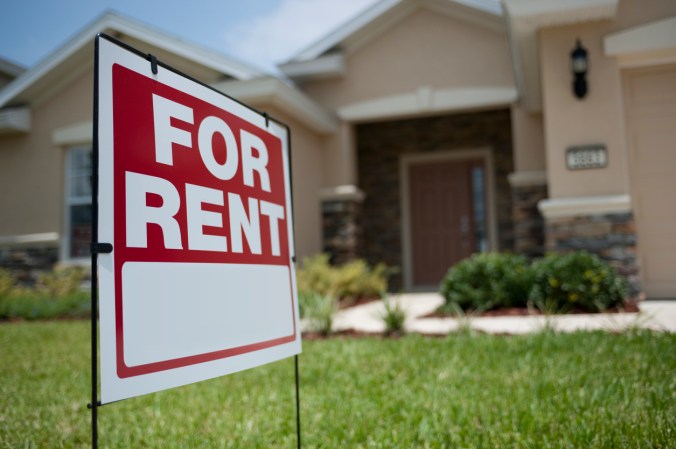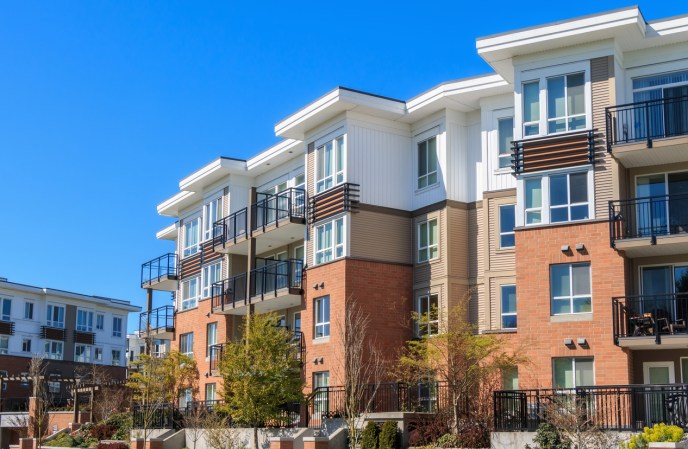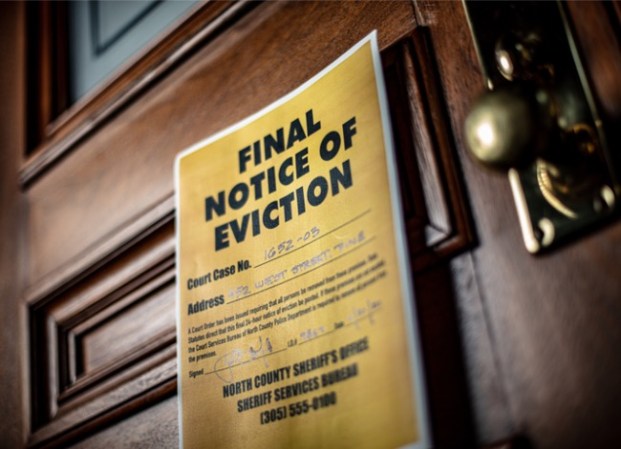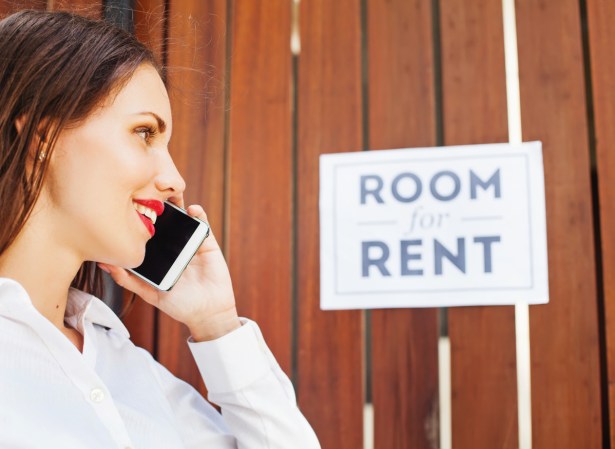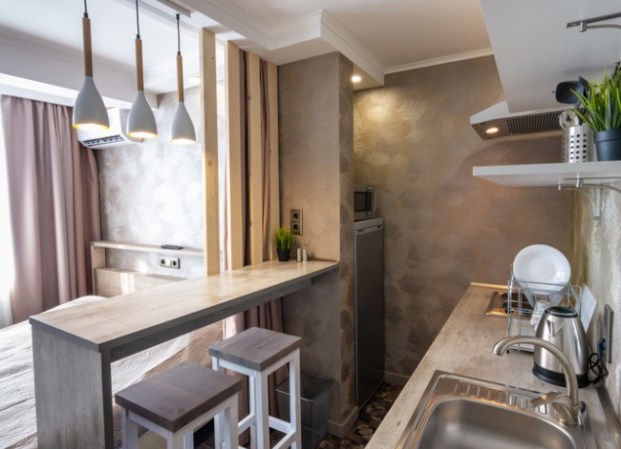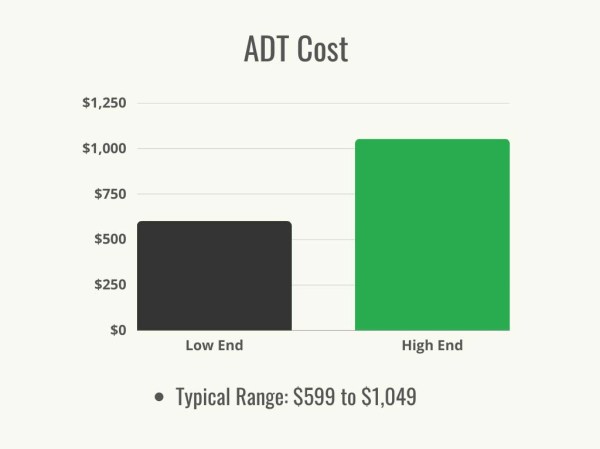We may earn revenue from the products available on this page and participate in affiliate programs. Learn More ›
In some states, landlords charge more than a month’s rent for a security deposit, sometimes twice as much or more. The intent of a security deposit is to protect the landlord’s value in the property in case something is damaged and needs replacement when the tenant moves out. Unfortunately, many renters don’t understand what’s required for their deposit to be returned to them in full. The following tips will help ensure you get your money back when you move out.
Document Move-In Condition
Some landlords give tenants a move-in checklist to complete, but don’t stop there. Take photos of your place and make a video (a smartphone video is fine) of every detail in the home, including any worn carpet, wall scuffs, cracked windows, missing range knobs, and everything else you can see. If a dispute arises later, presenting the landlord with this documentation might be enough to get the deposit back.
RELATED: 9 Things You Shouldn’t Hide From Your Landlord

Read the Lease
Once signed, a rental lease becomes a binding legal document. In general, the landlord cannot keep a security deposit for reasons other than material damages to the property. Security deposits are not intended to cover ordinary wear and tear, although that can be open to interpretation. If the lease specifies, for example, that the tenant must clean the carpet before moving out be sure to clean it, or you might forfeit (at least part of) the deposit.
Report Problems Immediately
If it’s ignored, a small drip from the pipes under the sink can turn into a much bigger repair problem. Promptly report all issues with wiring, plumbing, the HVAC system, or furnishings (if it’s a furnished apartment) to your landlord. In fact, don’t just report them: Follow up with a written letter and keep a dated copy for your records. If the landlord fails to make prompt repairs, any resulting damage is not your responsibility, and the landlord cannot keep the security deposit to fix them.
RELATED: 10 Reasons You Should Always Get Rental Insurance
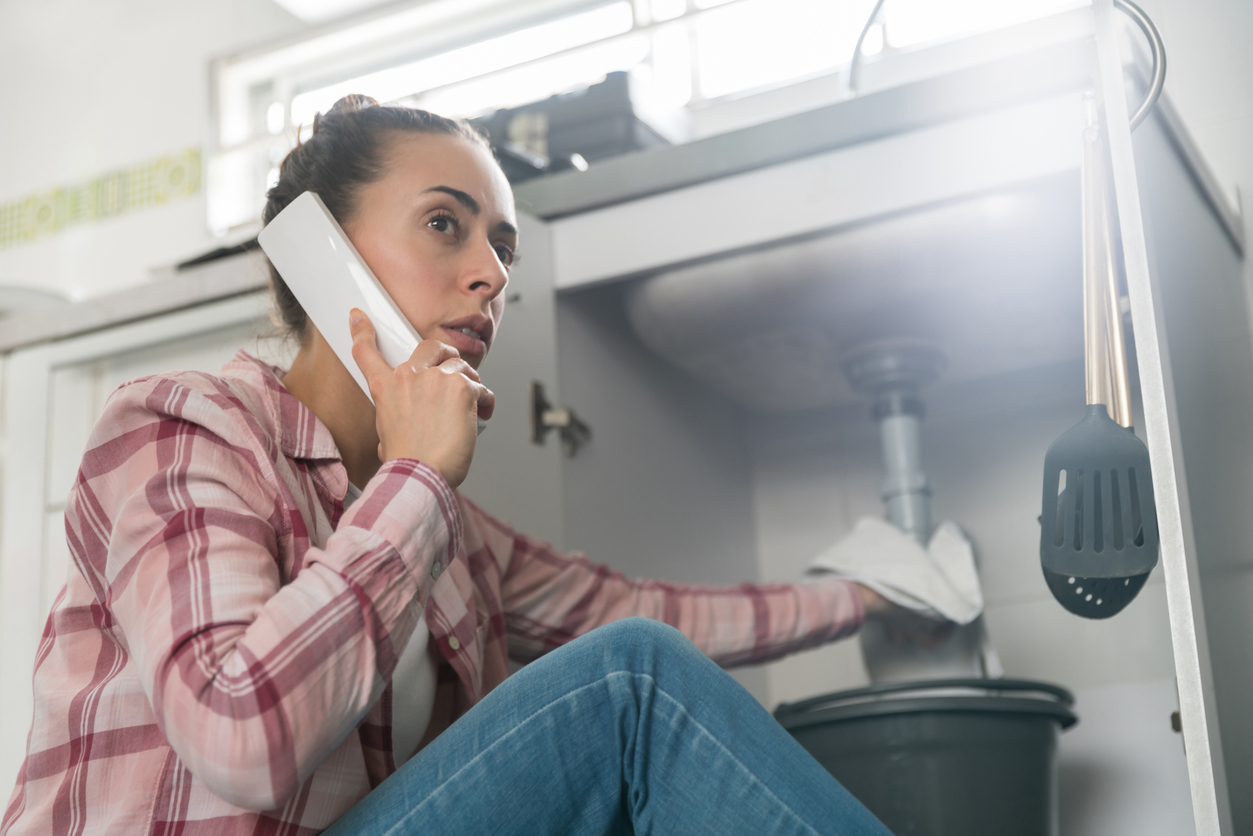
Keep the Lines of Communication Open
Show your landlord you’re a responsible renter by staying in communication. You don’t have to be friends, but take the time to stop by the office occasionally and chat about how you like the home and how things are going. Notify the landlord if you notice suspicious activity on the premises and promptly respond to calls or notices from the landlord. Remaining on friendly terms can pay off when you move out.
Stay Current on Rent Payments
If you owe rent at the end of your stay, your landlord will likely keep enough of the security deposit to cover your back rent. Withholding rent won’t just cause you to lose your security deposit—it may also keep a new landlord from leasing to you if they find out that you left your previous apartment without paying the last month or two of rent. Don’t take chances: Prioritize your rent payments.
RELATED: 7 Practical Ways to Enhance Apartment Door Security When Renting
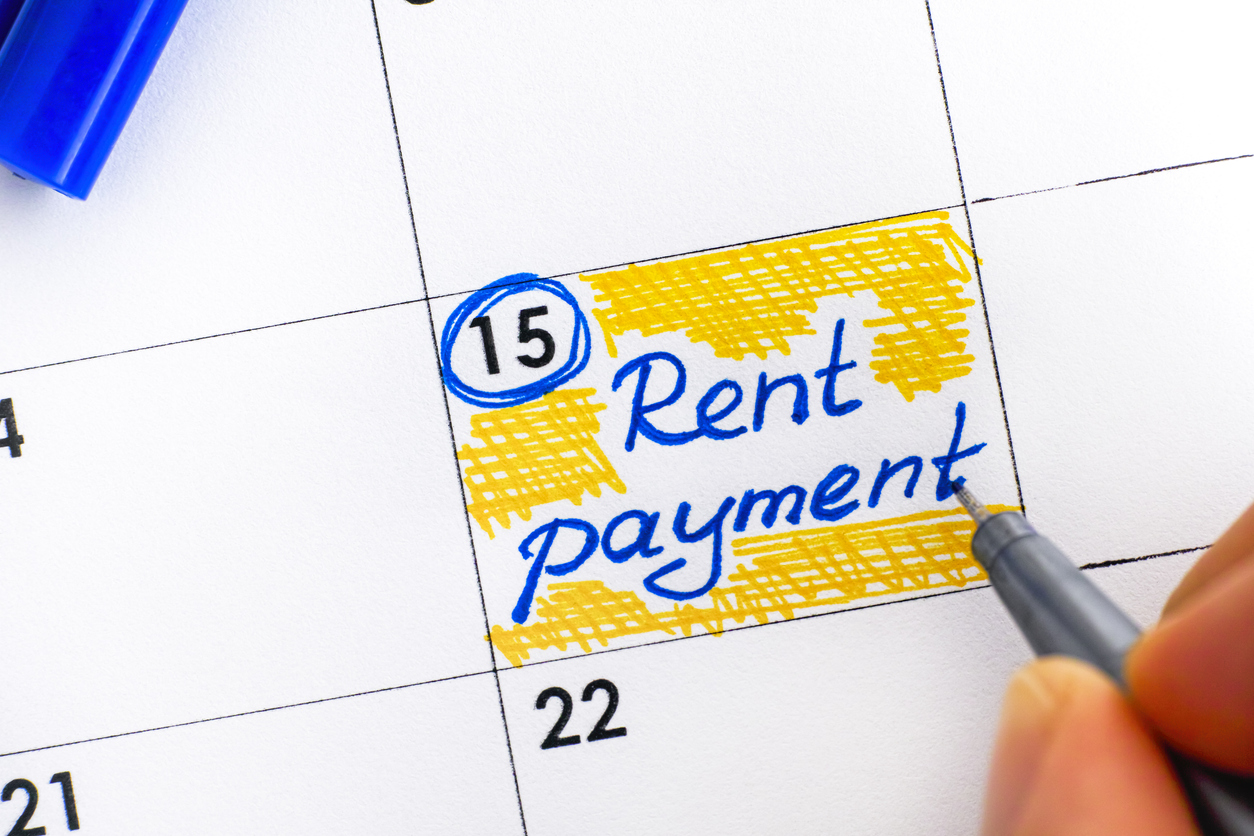
Abide by the Termination Clause
Virtually all lease agreements come with a termination clause that details what the renter must do in order for the security deposit to be refunded. This clause often includes notifying the landlord in writing 30 days before moving out. It may also include allowing the landlord to show the apartment to potential new renters while you’re still living there. You might forfeit the security deposit if you pull up stakes and move without following the termination rules.
RELATED: The Best Apartment Security Systems of 2022
Consider Legal Action
If you’ve done everything right but the landlord is withholding your security deposit, you may need to sue. While legal action isn’t something anyone looks forward to, it’s not all that difficult to pursue. Contact the county clerk where you live and find out how to file a small claims lawsuit. It typically costs less than $100 to file. If you win the suit not only will you receive the security deposit back, you could also recover the filing fee.


